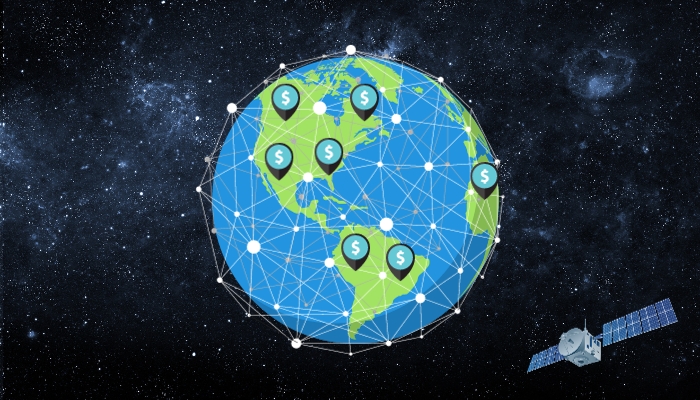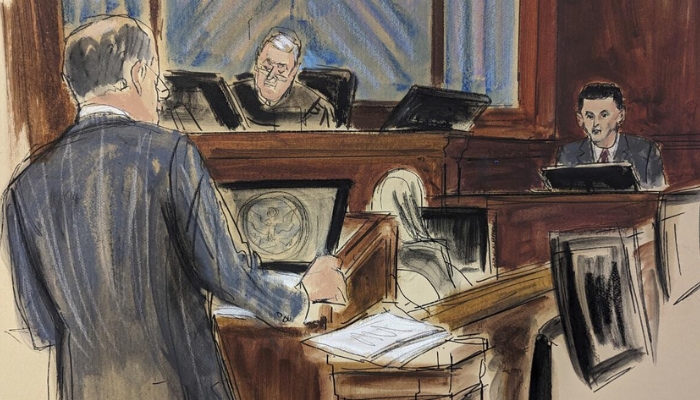Putin’s Propaganda Platform: The Carlson Interview
Anúncios
In the realm of global politics, media appearances by world leaders can serve as crucial opportunities to shape public opinion, influence narratives, and advance geopolitical agendas. Vladimir Putin’s recent interview with Tucker Carlson, the former Fox News host turned online commentator, exemplifies this dynamic. The lengthy sit-down provided Putin with a platform to disseminate his propaganda to a global audience, largely unchallenged by Carlson.
Putin’s Propaganda Platform: The Carlson Interview
During the two-hour interview, Carlson refrained from pressing Putin on critical issues, allowing the Russian autocrat to manipulate the narrative and present his version of history. Despite credible accusations of Russia committing war crimes in Ukraine and the imprisonment of opposition leader Alexei Navalny, Carlson failed to challenge Putin effectively. Instead, the interview appeared more like a monologue by Putin, with Carlson occasionally appearing lost or overwhelmed by the Russian leader’s long-winded responses.

[su_button url=”https://www.growcredit.com/” style=”flat” background=”#ff9900″ size=”15″ icon=”icon: credit-card-alt”]DISCOVER THE GROW CREDIT MASTERCARD[/su_button]
A Massive Propaganda Victory
Putin’s decision to grant an interview to Carlson was a strategic move aimed at amplifying his narratives globally. State-run media outlets in Russia promptly amplified the interview, portraying it as a significant victory for Putin. The portrayal of the interview as a triumph further solidified Putin’s propaganda efforts, both domestically and internationally.
Carlson’s Role in Putin’s Agenda
While Carlson was once critical of the Russian government, his recent commentary has been more sympathetic, aligning with Putin’s narratives. This shift in stance has raised concerns about Carlson’s objectivity and integrity as a journalist. By failing to challenge Putin’s narratives effectively, Carlson inadvertently served the Russian autocrat’s agenda, providing him with a platform to spread propaganda without scrutiny.
Advocating for Journalist’s Release
Towards the end of the interview, Carlson made a rare attempt to challenge Putin by advocating for the release of Evan Gershkovich, a journalist imprisoned in Russia. However, Carlson’s remarks were met with criticism from The Wall Street Journal, where Gershkovich worked. The newspaper denounced Carlson’s comments as disgraceful and emphasized that journalism is not a crime. The incident highlighted the dangers journalists face in authoritarian regimes and underscored the importance of advocating for press freedom.

Putin’s interview with Carlson served as a significant propaganda victory for the Russian autocrat. By providing Putin with a platform to spread his narratives unchallenged, Carlson inadvertently facilitated the dissemination of propaganda to a global audience. The incident underscored the dangers of providing authoritarian leaders with uncritical platforms and highlighted the critical role of media in shaping public opinion and holding power to account. As geopolitical tensions continue to escalate, it is essential for journalists and media outlets to uphold journalistic integrity and challenge misinformation and propaganda, even in the face of powerful adversaries.
See also: Remote Work is Reshaping the Commercial Market
[su_button url=”https://www.growcredit.com/” style=”flat” background=”#ff9900″ size=”15″ icon=”icon: credit-card-alt”]DISCOVER THE GROW CREDIT MASTERCARD[/su_button]






